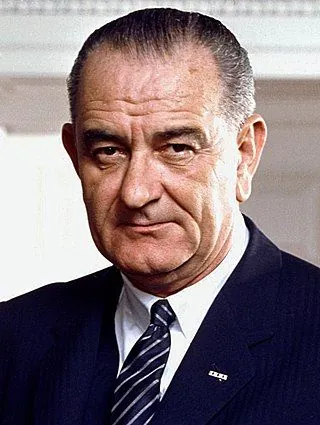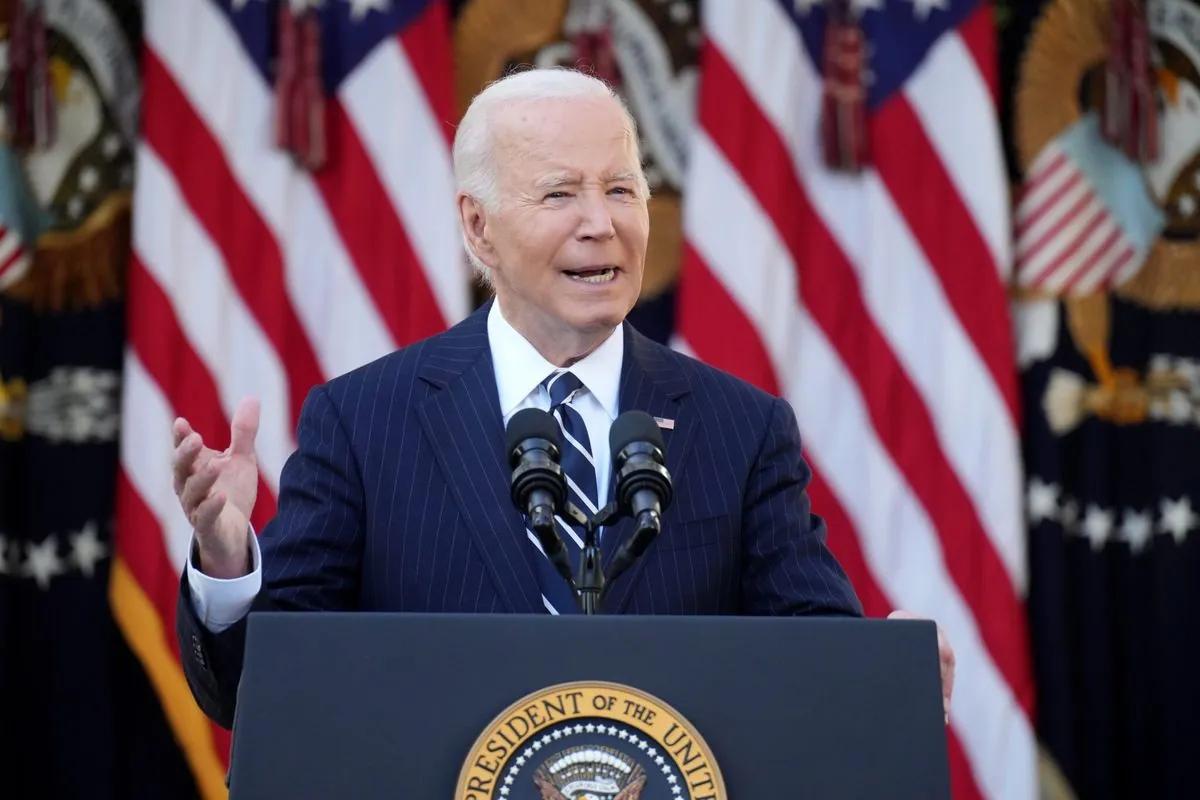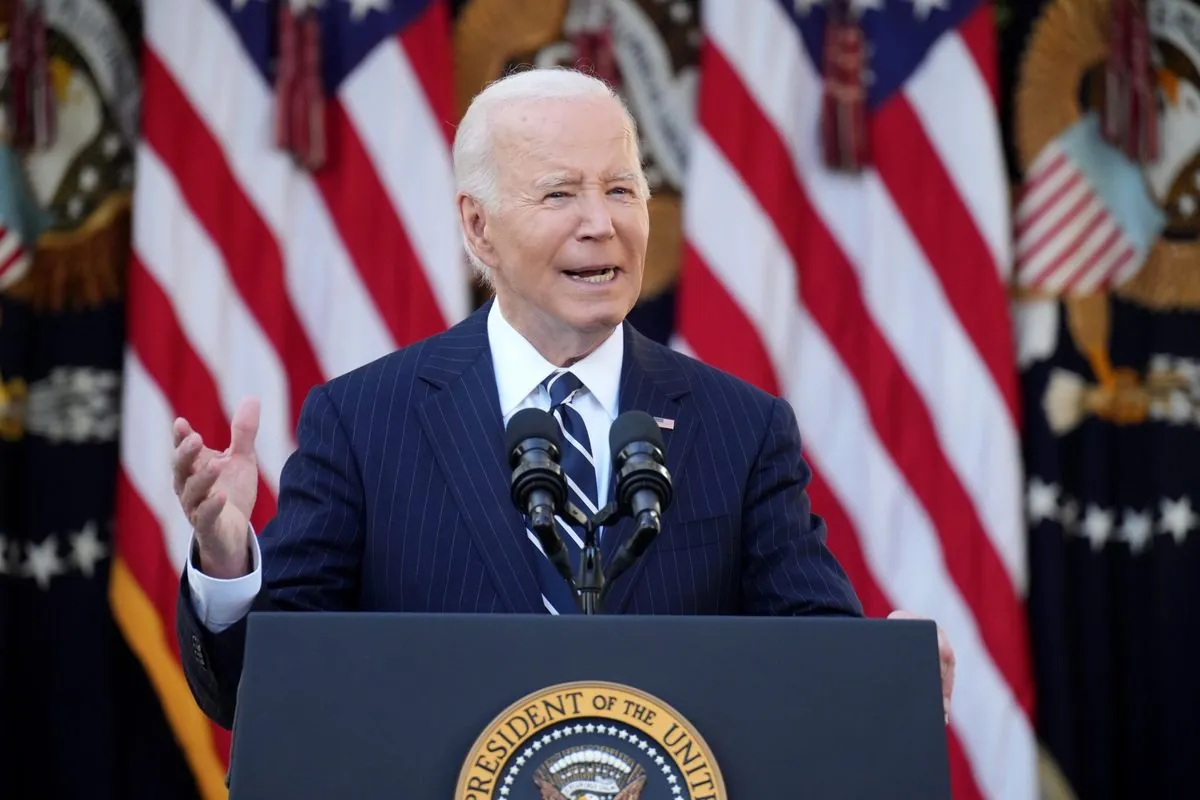Lyndon B. Johnson
Lyndon Baines Johnson, often referred to by his initials LBJ, was an American politician who served as the 36th president of the United States from 1963 to 1969. He became president after the assassination of John F. Kennedy, under whom he had served as the 37th vice president from 1961 to 1963. A Democrat from Texas, Johnson also served as a U.S. representative and U.S. senator.

Some of the key events about Lyndon B. Johnson
- 1935Appointed director of the National Youth Administration in Texas, providing jobs and education for young people during the Great Depression
- 1937Elected to the U.S. House of Representatives, representing Texas's 10th congressional district
- 1941Ran for U.S. Senate and lost amid allegations of voter fraud
- 1948Won a highly contested U.S. Senate election, earning the nickname "Landslide Lyndon"
- 1948Won Senate election by a narrow margin, with accusations of ballot tampering
- 1955Elected Senate Majority Leader, becoming the youngest person to hold this position
- 1960Selected as John F. Kennedy's running mate and elected Vice President of the United States
- 1963Assumed the presidency following Kennedy's assassination and successfully pushed for the passage of the Civil Rights Act
- 1964Won a landslide victory in the presidential election, securing his own full term
- 1964Approved the Gulf of Tonkin Resolution, escalating U.S. involvement in Vietnam
- 1965Signed the Voting Rights Act into law, prohibiting racial discrimination in voting
- 1965Launched the "Great Society" program, introducing Medicare, Medicaid, and other social welfare initiatives
- 1965Authorized the use of napalm in Vietnam
- 1965Ordered the invasion of the Dominican Republic without congressional approval
- 1966Expanded U.S. military presence in Vietnam despite growing public opposition
- 1967Nominated Thurgood Marshall to the Supreme Court, making him the first African American Supreme Court Justice
- 1967Attempted to pressure the FBI to investigate his political opponents
- 1967Suppressed information about peace negotiations with North Vietnam for political gain
- 1968Faced widespread protests and civil unrest over the Vietnam War
- 1968Decided not to seek re-election due to growing unpopularity and the Vietnam War
Disclaimer: This material is written based on information taken from open sources, including Wikipedia, news media, podcasts, and other public sources.































